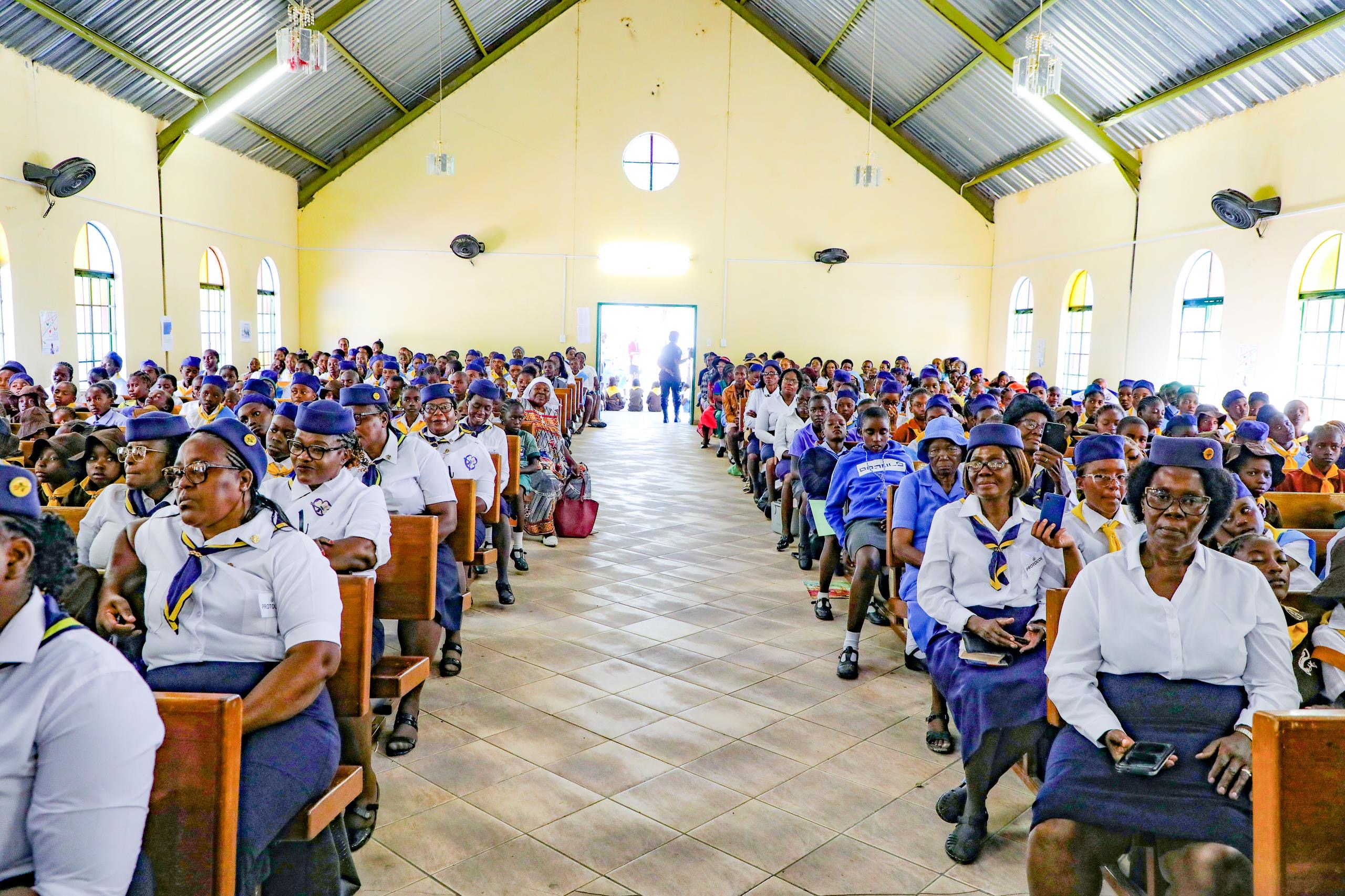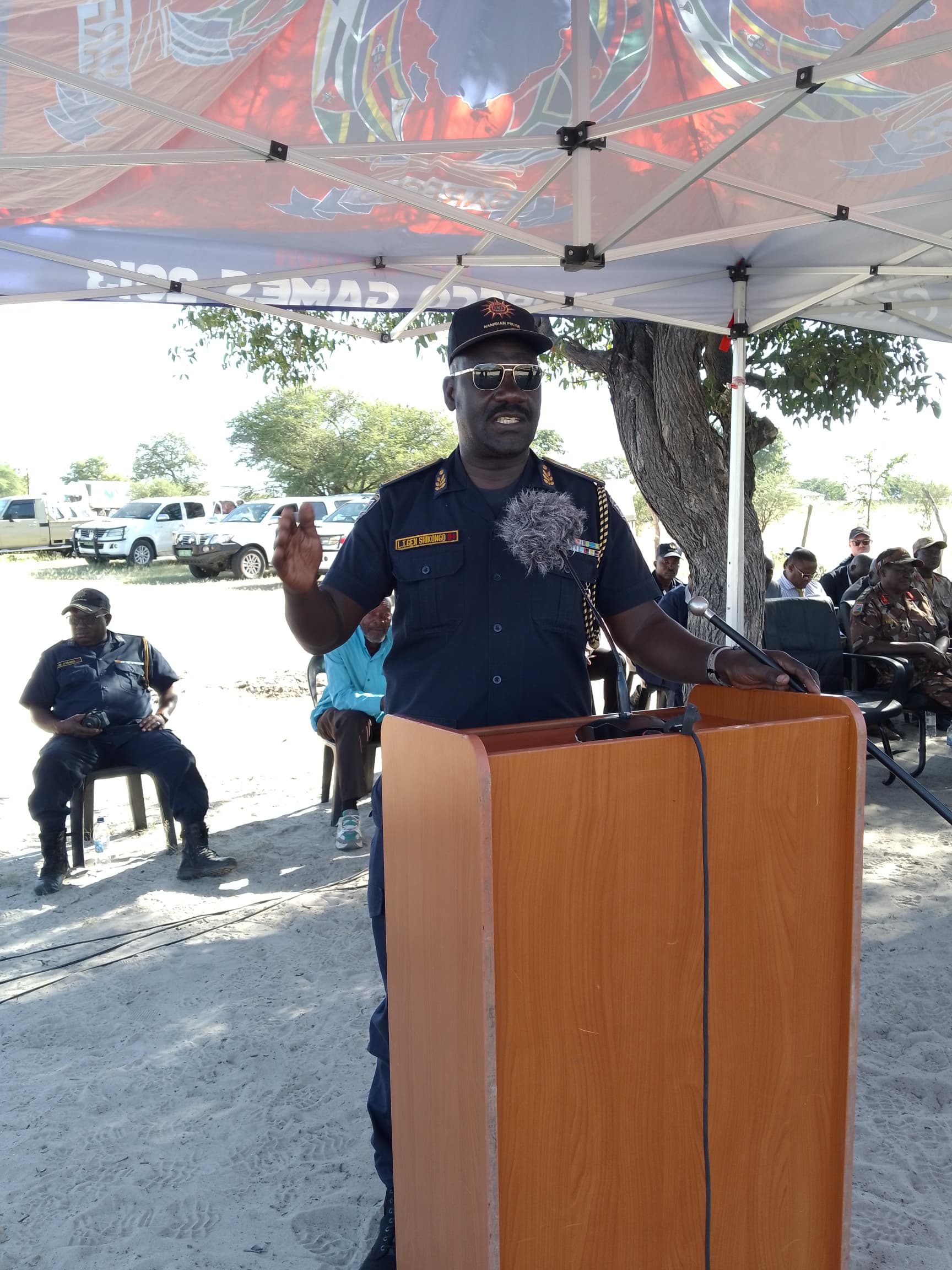LET us start with a few statements:
•’Energy prices are locked in a worldwide uptrend that will probably last for the rest of your life’. Erkki Nghimtina, Minister of Mines & Energy, Namibia, June 2008.
•’The price of energy is inescapably rising and it won’t come down’, Alec Erwin, Minister Public Enterprises, RSA, September 2008.
•Solar power in Namibia is a perfect and most suitable alternative to power generated by the burning of fossil fuels.
•’Solar pumps offer a clean and simple alternative to fuel burning engines and generators for domestic water, livestock and irrigation.’ (information booklet, DRFN, 2008)
•On the long run, the use of solar energy is cheaper than the use of conventional diesel generated power. In general terms, projections show that the initial expensive commissioning of solar water pumping schemes, after only two to three years of operating life, become increasingly more cost-effective.
(source: EMCON, Axel Scholle et alt. in 2006)
BUT: Are these statements true in our Namibian context? Considering the catastrophic frequency of theft of solar modules, and lately even the theft of pumps from boreholes, these statements sound naïve: Allow us to list just a few incidents, which might illustrate the extent of the problem.
•During the 1990’s, several water pumping schemes, driven by solar power, were commissioned in the Eastern Caprivi Region. These schemes were funded by the Kreditanstalt für Wiederaufbau (KfW) . Most, if not all of these schemes have been in-operative for extended periods, as the solar panels were stolen.
•Solar water pumping schemes in the northern Kunene Region, for example at Ombombo Ovambo, which for years sufficiently supplied water to both livestock, elephants (!) and for domestic supply, and thus limiting the conflict between local herdsmen and especially elephants successfully, have to be re-installed, as all solar panels were stolen in the first part of 2008.
•Telecommunication infrastructure is regularly sabotaged and services are interrupted, as solar installations in remote areas are sabotaged by thieves. This actually is evident even in not so remote areas, as can be observed along the route from Windhoek to Swakopmund, where a 24-hour security guard system has been deployed at each telecommunication mast. Replacement cost’s, and cost’s relating to security services run into millions of Nam dollars annually, significantly increasing unnecessary expenses by these companies. These expenses undoubtedly contribute to the unit price payable by the consumers.
•Most communal and commercial farmers, who have converted their water pumping installations to solar installations, have been victims of theft of solar panels. Regrettably, those who can still afford it, have reverted back to older conventional methods of water pumping. Farms of communal farmers, resettlement farmers, commercial farmers, whether the owner is a bona-fide farmer, part time farmer, normal citizen of Namibia, or even a Minister, are all being targeted by thieves.
The projections on total cost of solar pumping schemes are all based on the assumption that the minimum lifespan of solar panels is in the order of 20 years. Considering however, that this in Namibia is not what the user of these panels can expect, as panels have to be replaced often shortly after they have been installed, certainly results in a shift of the break-even point well towards the right side of the graph. With repeated incidents of theft on the same installation, solar energy might not be an alternative option at all.
Users and promoters of renewable solar energy sources in Namibia include the following Ministries and Ministerial Departments and other organizations: Health and Social Services, Mines and Energy, Rural Water Supply, Works and Transport, Environment and Tourism, Telecom Namibia, MTC, Cell One, the Renewable Energy and Energy Efficiency Institute (REEEI), the Renewable Energy Industry Association of Namibia (REIAoN), the Northern Namibia Solar Technicians Association, the Desert Research Foundation of Namibia (DRFN) as well as members of the following farmers’ Unions: the Namibia National Farmers Union, the Namibia Agricultural Union and the Namibia Emerging Commercial Farmers Forum. All of these in some way or other are victims of increasing (organised?) theft of solar panels.
When talking to the broad public, a sense of resignation transpires: It is accepted that theft of solar panels cannot be prevented, therefore we will have to live with it. Numerous options as to how to secure the panels have been suggested. Thieves have managed to overcome these obstacles, and in some cases, when they could not remove panels, they have vindictively resorted to destroying them. In the few instances when a culprit has been apprehended by the Namibian Police, imprisonment terms of 3 years (Outjo, November 2008, personal communication Station Commander) has been handed down by the courts.
We are of the opinion that we in Namibia should not just accept the situation as a fact which we can do nothing about. It will take a concerted effort by lawmakers, users and suppliers of solar energy and solar energy equipment to rectify the situation. We would like to suggest a few actions which have to be implemented:
•To our opinion, in the light of the national implications, theft of solar equipment should be classed as an act of national sabotage, and sentences in these cases should be adjusted accordingly by the law-makers. Theft of solar panels can destroy the livelihood of many people and the lives of many animals and should therefore be punished as severe as stock theft.
•A central register of all serial numbers of solar panels sold should be kept up to date on the website of the Renewable Energy Industry Association of Namibia (REIAoN).
•On this register, the make, power output, and serial number should be recorded.
•In case of theft, this will be indicated on the website, together with date of theft, and district of theft.
•An updated version of this list must be supplied to the Namibian Police regularly, for use at roadblocks and other control points.
•The responsibility to keep this register up-dated must be carried by REIAoN, with input from the end-users.
•Suppliers must be requested to permanently mark all panels sold: Marks should include name of owner, contact details, and ‘Namibia’ (as indications are that stolen panels are leaving the country).
•A service provider should be identified who would be able to market a ‘chip’ which can be tracked. Through this option, it should be possible to trace the stolen panels in most areas of Namibia.
•A Fund be established, administered by a Board of Trustees, with the sole aim to combat the theft of solar equipment.
•The fund must offer significant rewards for any information which leads to the arrest of persons who steal equipment, and also and most importantly of persons who buy stolen equipment.
•The fund must maintain an intensive media campaign, informing the public of all the disadvantages and cost’s which result from the theft of solar equipment. A regular advertisement discussing the rewards offered must also be maintained by this fund.
•The fund can be financed by:
Donations from all users of solar equipment
Donations from international donor agencies with an interest in renewable energy
A small levy retained by suppliers of solar equipment from the sale of each of these.
It will require a major effort and to our opinion, the total package described above will certainly lead to a significant decrease of theft of such equipment.
A meeting of all interested and affected parties will be arranged early in 2009, in order to plan the way ahead: All persons or organizations interested in participating in such a plan of action are requested to please contact the following persons, who will act as conveners:
Harald Schütt,
Heinrich Steuber,
Frank Bockmühl
Renewable Energy
Association of Namibia
Stay informed with The Namibian – your source for credible journalism. Get in-depth reporting and opinions for
only N$85 a month. Invest in journalism, invest in democracy –
Subscribe Now!










